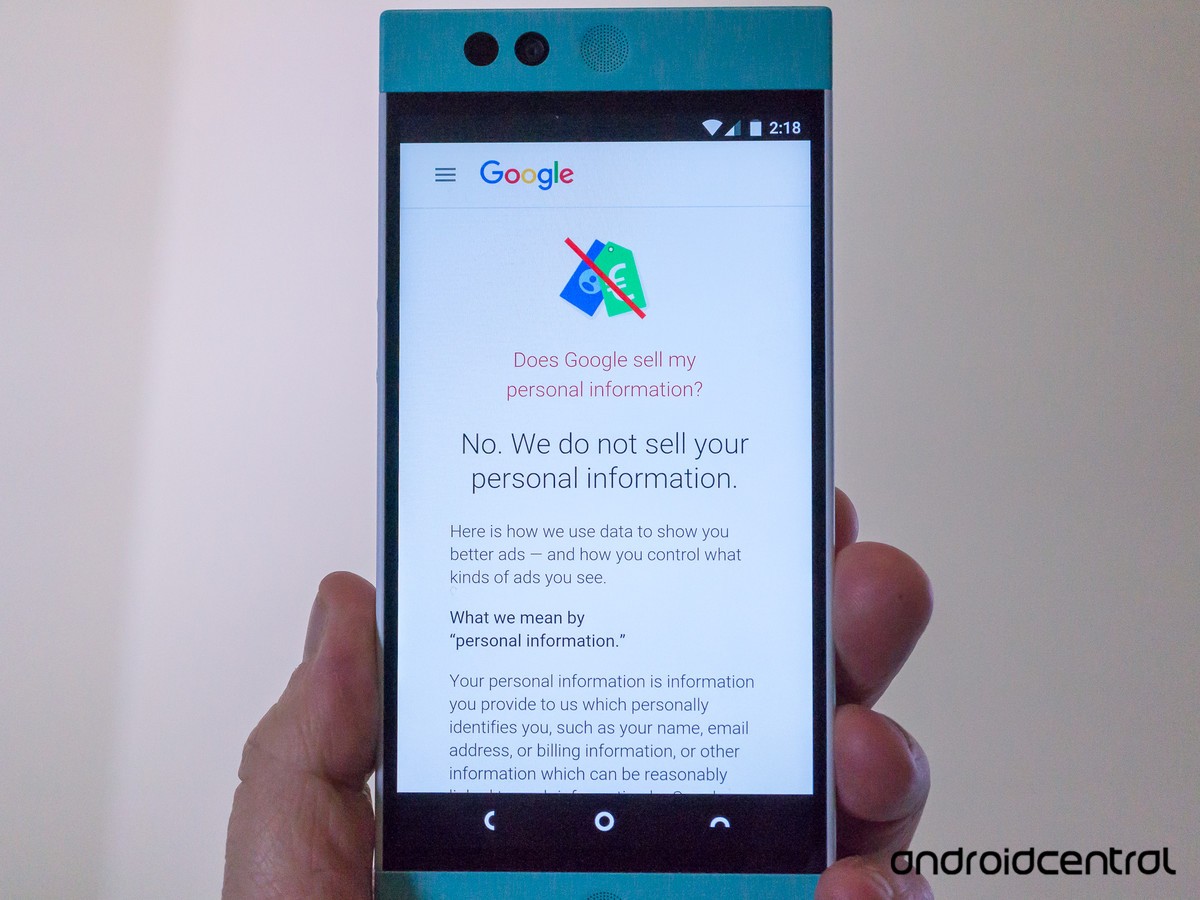Author: Jerry Hildenbrand / Source: Android Central
It’s the only way to know what you’re giving away.
When you buy a new phone or install a new app, reading the boring (and often difficult to comprehend) privacy policies and terms of use are the last thing you want to do. But it’s also the most important part of the process.
We were having a discussion about visual voicemail in the Android Central Slack channel recently. With Marshmallow, Google introduced a visual voicemail framework for the dialer that anyone can use once a way for the mobile operator to tap into it is coded. The question was, “Why aren’t carriers using it through the dialer instead of bundling their own voicemail client?” While we don’t know the full answer, there was one really good reason put forth — because they want to be able to use their own terms when it comes to how your personal data is handled. Using Google solution and Google software would put much of the data collected under Google’s privacy policy, not the carriers.
Several companies have access to your data and each handles it differently.
A lot of different companies have access to your personal information, and they each have their own terms of service and privacy policies. Google has its blanket privacy policy that covers all of its applications, whether they came with your phone or you downloaded them from Google Play. Let’s be clear — it’s invasive. Google keeps track of where you are, what you’re looking at, what you’re searching for and anything else they can every time you use your phone. But it makes things clear that it does not sell or share any of your information and it guarantees to keep the data secure and anonymous.
The company that built your phone also has its own privacy policy or policies. These cover the software that came on your phone as well as other code that might be pushed or downloaded from a brand-specific app store (like Samsung’s Galaxy Apps store). These policies vary, but most clearly state that you agree it can collect as much data as possible for things like product research and customer profiling. There are also very specific mentions of how and why your data may be sold or shared.
If your phone comes from a carrier, which is how most of us in North America buy our phones, it too has a separate privacy…
Click here to read more

















